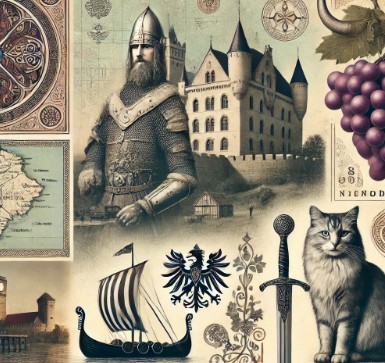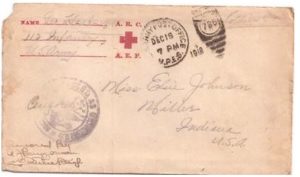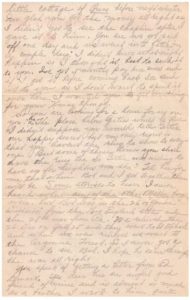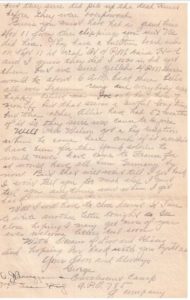
Wow! Last blog of 2024 and what a year it’s been.
The best thing about genealogy is that you are constantly learning and growing. No one can know about every record set, historical period, or nuances of language over the years. Today I’m reflecting on some of the A-Ha moments I had this year:
- AI has been the biggest game changer in my life. I use ChatGPT almost daily now and occasionally with Claude and others. It saves time and helps me think outside the box to solve problems.
- Realizing that the Viking Pagans held on to their symbolism after converting to Roman Catholicism was amazing to me. Who would have thought the church would have allowed it? Even more surprising is that the pagan baptismal fonts are still used today by the Lutherans.
- I also didn’t know that grapes don’t grow in Sweden so the Vikings traveled in the summer to the Mediterranean to buy wine. My family had vineyards there so maybe they bought Zinfadel from them. Always been a small world, right?!
- Had no idea when the potato famine hit Ireland it also affected crops in Europe, hence many from the French German Palatine area migrated to the U.S. at that time.
- While researching Ohio River pirates for an upcoming presentation, I learned that one of the most notorious, James Mason, got a Spanish passport because President Benjamin Harrison had given him a recommendation. Dear Ben’s sister had married the honorable brother of James Mason. Just goes to show you how different siblings can be even back in the day.
- Did you know that identity theft occurred in the 1890s? It did and I’m still working on solving that one!
- My husband is constantly kidding me about being a princess (which I’m not) because I’ve now seen the family castles in Croatia, Germany, and Great Britain. People are so worried about being safe today but it’s no different than in the past– we just don’t have a moat around our houses anymore.
- I didn’t realize that there were jobs for lawyers regarding keeping a person’s coat of arms protected. Who would have thought that would still be needed today?!
- Every time I look at my cats I just can’t get over their ethnicity and I wonder which ancestor in my husband and my past was adopted by my cat’s ancestors. Yeah, it’s weird, I know!
- A good reminder that there is someone out there who knows the answer to whatever question you might ask and you just have to be persistent and patient to get the answer. I finally found a knowledgeable person who knew how to read old German script AND understood the cultural heritage. I needed to find someone who had both these skills to understand one little ole word in a 1834 newspaper article written in German in Cincinnati, Ohio. He learned that the custom had been brought over to the US which was also news to him. Collaborating with others helps us get the info we need and in turn, we help them gain insights.
- Loved the easy peesy way to do genealogy in French villages – take a walk and look above the doors of the houses. Back then they engraved the date the house was built and who the owners were. I was able to quickly find my ancestral homes.
- I am reminded almost weekly of how much our life has changed since the pandemic. Zoom seems to have been around forever but I didn’t use it before 2019. Makes me wonder what’s next on the horizon.
That’s one new thought for each month of 2024. Can’t wait to discover more new and exciting ideas next year.
As usual, I’ll be taking off next week and will be back in January with my top ten blog list from 2024. Have a wonderful holiday and I’ll blog with you soon!





